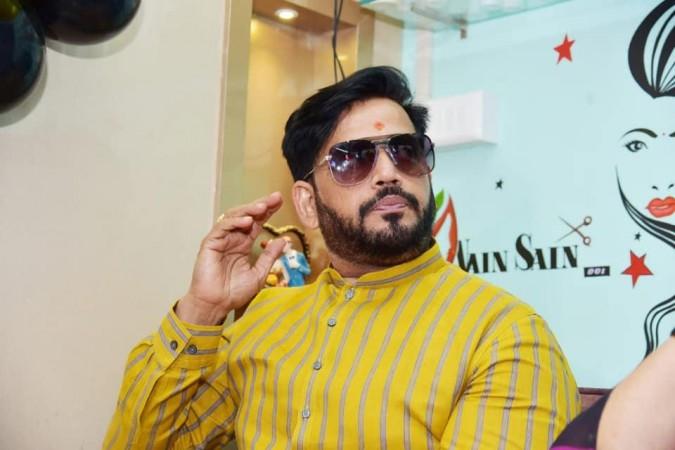Yogi Adityanath government ahead of the Assembly elections next year, proposed a plan to stabilise population in Uttar Pradesh, which has triggered a political debate across the country. The draft bill has received mixed reactions and poll watchers feel it could become a major poll plank. Amidst all this, BJP Lok Sabha MP Ravi Kishan are all set to introduce private members' bills on population control in the upcoming Monsoon session of Parliament on July 23.
Besides, Rajya Sabha MP from Rajasthan Kirori Lal Meena will introduce a uniform civil code in the first week of the session, which commences July 19. Both the population control and uniform civil code bills are in line with BJP's agenda. Introducing the bill by a member other than a minister is called private member's bill, which requires the government's support to become a law.

A proactive policy initiative to encourage people to opt for smaller families should have salutary effects, on the quality of life in general and usher in much needed socio economic reforms. Parents with one or two children will be suitably rewarded in a number of ways, according to a note in circulation for discussion.
Why is Ravi Kishan trolled?
Netizens, who have opposed the bill, have reacted strongly against BJP picking Kishan to present the private members' bills on population control. Some users are circulating screenshots of Kishan's Lok Sabha profile, which reveals the actor-turned-politician has four children, 1 boy and 3 girls.

Meanwhile, Bihar Chief Minister Nitish Kumar has also said the new population control policy recently implemented by the Yogi Adityanath government in Uttar Pradesh, will not work. "I am continuously advocating that educating the females is the only way to control the population," Kumar says while indicating that forcible acts may not work in the country compared to awareness and self decisions of common people.
Congress leader Salman Khurshid also criticised the bill, saying: "Poverty and illiteracy are major factors for population explosion. There is also a lack of awareness about population in certain communities and we therefore need community-centric awareness efforts," he said.









!['Had denied Housefull franchise as they wanted me to wear a bikini': Tia Bajpai on turning down bold scripts [Exclusive]](https://data1.ibtimes.co.in/en/full/806605/had-denied-housefull-franchise-they-wanted-me-wear-bikini-tia-bajpai-turning-down-bold.png?w=220&h=138)



